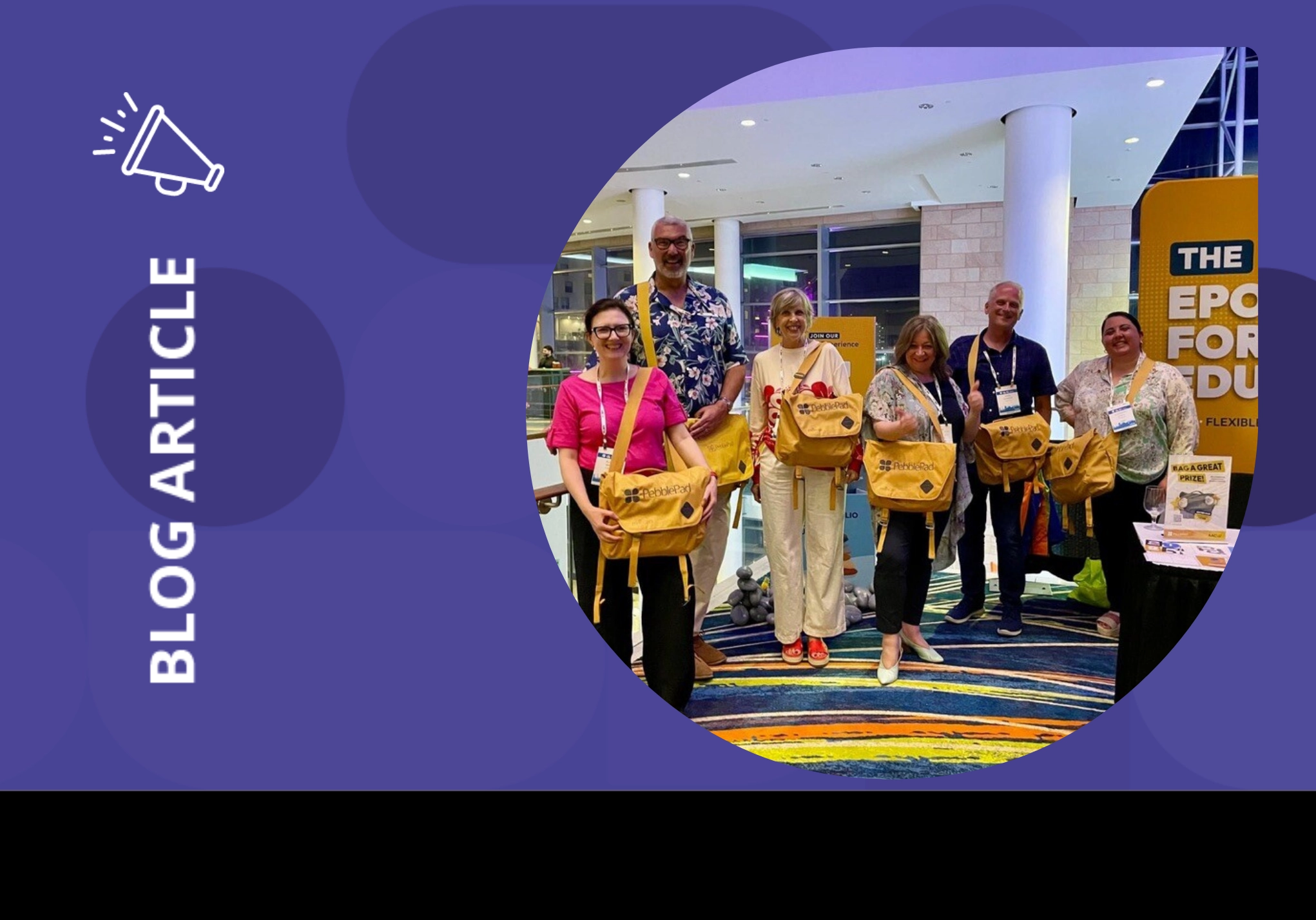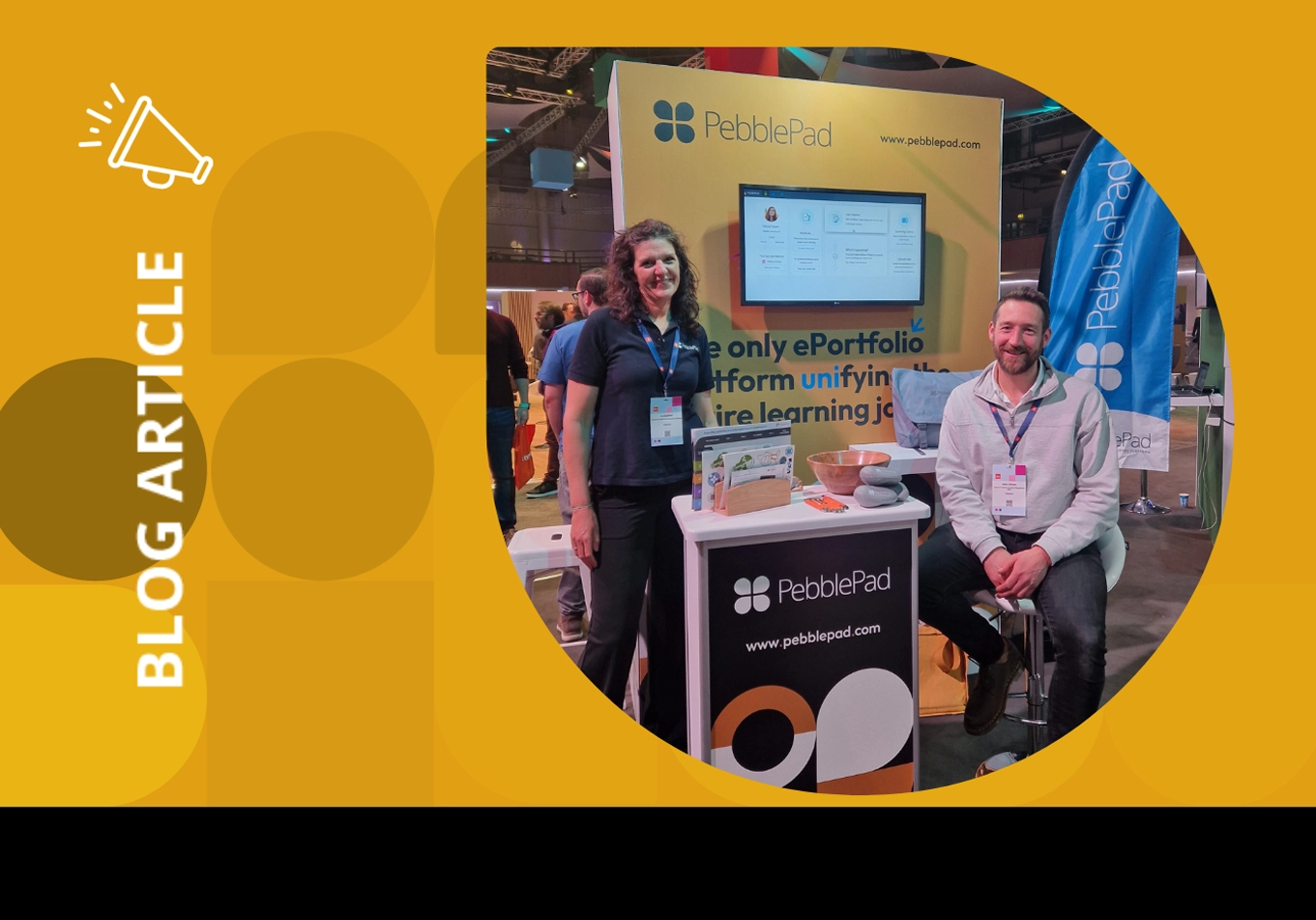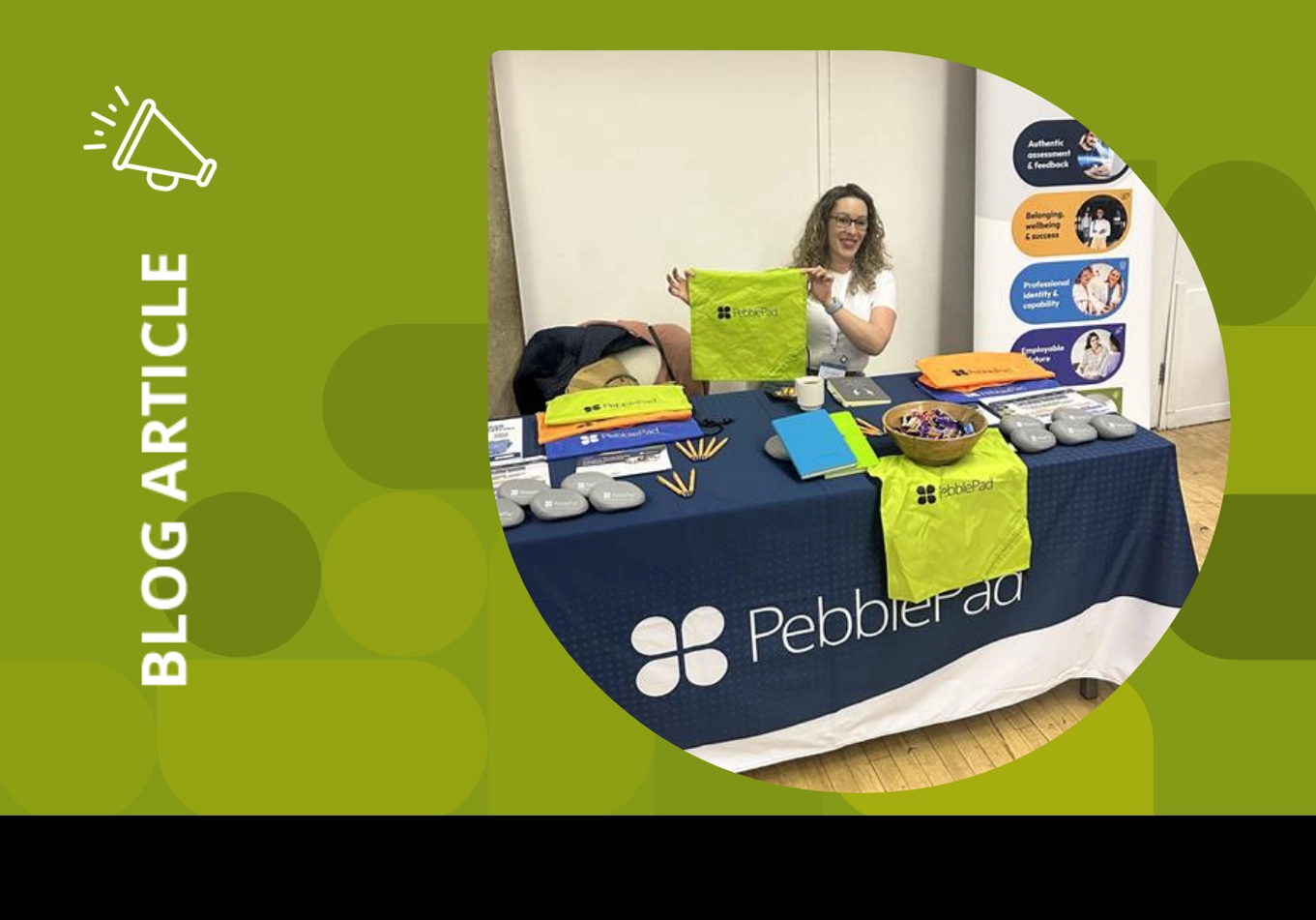In the ever-evolving landscape of social work education, the need for innovative and effective assessment tools is paramount. The recently published research paper, “Evaluating the Use of ePortfolios in Social Work Education: Assessing Student Competency in Meeting Graduate Attributes,” sheds light on the experiences and benefits of incorporating ePortfolios into the Master of Social Work program.
The study, authored by researchers from the University of the Sunshine Coast in Queensland, including Zalia Powell, Laura Dodds, Gerard Jefferies, Dimitra Lattas, and Cindy Davis, delves into the critical role ePortfolios play in helping students reflect on their learning and demonstrate the essential graduate attributes mandated by accrediting bodies such as the Australian Association of Social Work (AASW).
To delve into this study, and the University’s ongoing use of PebblePad as its ePortfolio tool, we sat down with Cindy and Zalia, two of the researchers behind the paper.
1. Where did you come across the idea of using a ePortfolio for evidencing against the AASW attributes?
Cindy: In social work, documenting graduate outcomes for accreditation is critical. The ePortfolio initiative inspired a strategic decision to shift the responsibility to students, encouraging them to showcase their achievements and meet accreditation standards on their terms. It was a proactive measure to empower students in articulating their learning journey.
2. Why is reflection so critical to Social Work as a discipline?
Zalia: Critical reflection is intrinsic to social work’s practice, rooted in the profession’s theoretical underpinnings. Beyond being foundational, it plays a vital role in addressing power imbalances in client interactions, emphasising the need for social workers to question their actions and motivations.
Cindy: Social work is not just about theoretical exercises; it’s about actively navigating the complexities within client interaction. Reflecting on what’s working, what’s not, and what needs improvement, is of course crucial.
3. How did you help students understand the purpose of using ePortfolios for reflection?
Cindy: Helping students grasp the purpose of using ePortfolios for reflection involved emphasising practical implications, ensuring they understood the tangible benefits of the tool and practice.
Importantly, we also framed the ePortfolio as a tool for lifelong learning and a means to articulate their professional journey. The emphasis on readiness for professional practice added a practical dimension, reinforcing the idea that ePortfolios were not just about assessment now, but a valuable asset for their career. A “gift” from the university beyond graduation.
4. Have you adjusted your approach since the successes and challenges noted over 2019-2021?
Zalia: Absolutely, we adjusted our approach based on valuable feedback. The personalised nature of ePortfolios resonated well with students, addressing initial challenges and enhancing engagement. As time progressed, the visibility of connecting practical and theoretical aspects became more apparent.
Cindy: I’d agree. And add that initial technical support challenges caused minor anxiety, but ongoing university support and a staged implementation approach helped overcome challenges.
5. Have you implemented the student suggestion from the study to use the ePortfolio earlier in the program, rather than as a last-minute task before graduation?
Zalia: It’s great that students made that connection, and we are interested in implementing it into the bachelor’s program, allowing it to follow students through various courses over the program’s duration. We envision starting with an exploration of the field of social work and progressively building towards professional attributes.
Cindy: Agreed. We understand that technical support for students and the willingness of academics to integrate it earlier pose challenges. We need to garner agreement, allocate time, and secure ongoing technical support for both staff and students.
6. Do you have plans to use ePortfolios in other ways, and what’s next for your department?
Zalia: We want to extend the use of ePortfolios to the Bachelor of Social Work over four years. This could involve documenting the practice framework in the early years, moving on to direct practice, including case study documentation, and culminating in the final placement where students reflect on their professional portfolio, which can then be carried into employment. Social work graduates often find it challenging to demonstrate their skills to employers, and ePortfolios could be a valuable tool for this purpose.
Cindy: I strongly encourage students to leverage ePortfolios in their job search, demonstrating what they’ve learned and all their skills.
7. What advice would you give colleagues looking to use ePortfolios for graduate attributes?
Zalia: We agree that having support networks in place and adopting a staged approach, addressing teething issues step by step, is crucial.
Our advice is to “Give it a Go.” Experiment with incorporating ePortfolios into your social work education program, but do so with a structured and supportive approach. The benefits in terms of student engagement and readiness for professional practice can be substantial.
Summary
So, in the realm of social work education, the incorporation of ePortfolios has proven to be a transformative approach, empowering students to take ownership of their learning journey and meet accreditation standards on their own terms.
The experiences and insights shared by Cindy Davis and Zalia Powell from the University of the Sunshine Coast highlight not only the successes but also the adaptability required to address challenges. As they look to expand the use of ePortfolios in their faculty, their journey serves as a valuable guide for colleagues considering a similar path. The key takeaway is clear: ePortfolios are not just assessment tools; they are lifelong assets that can significantly enhance students’ professional readiness and success in the field of social work.




















